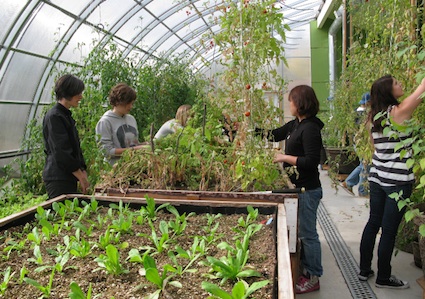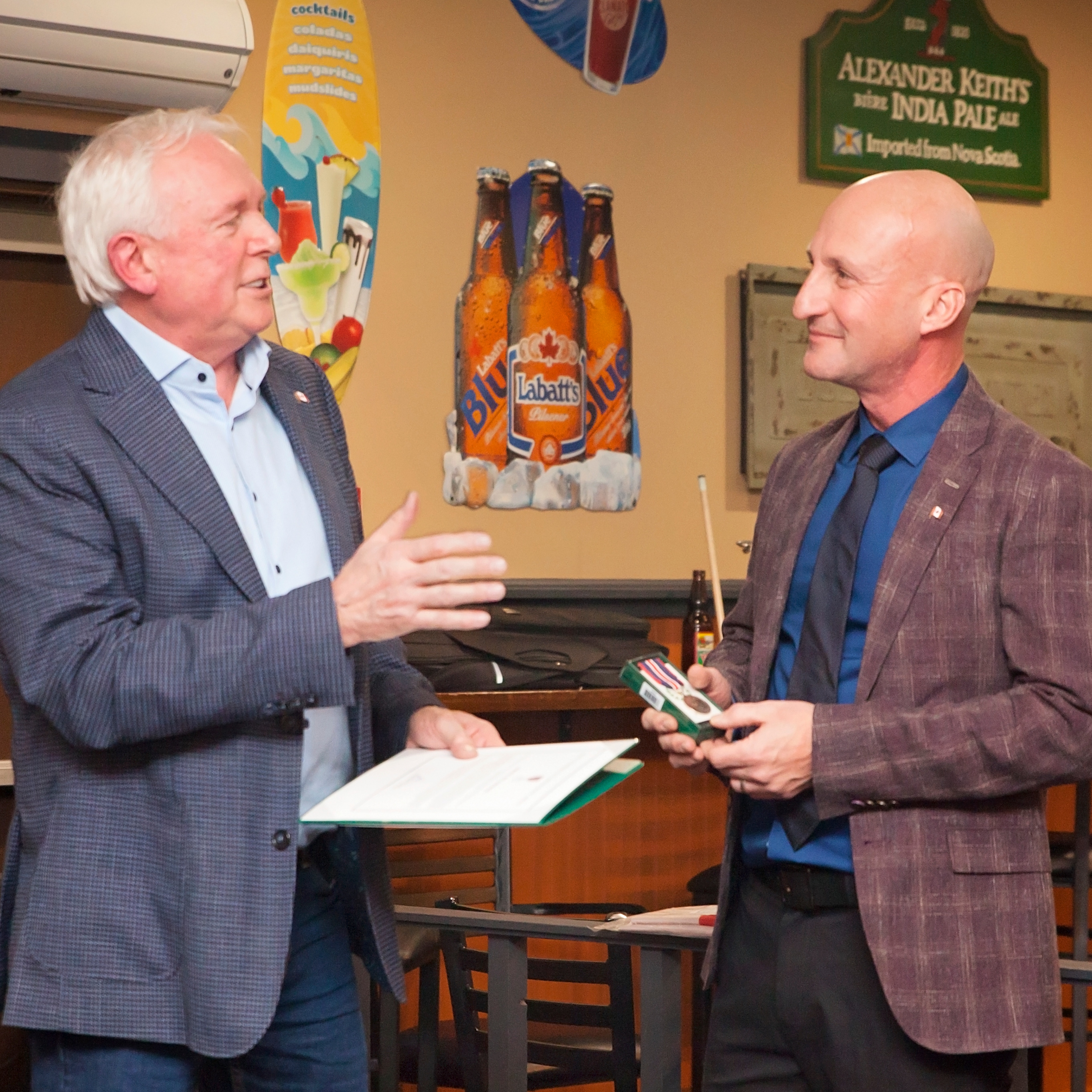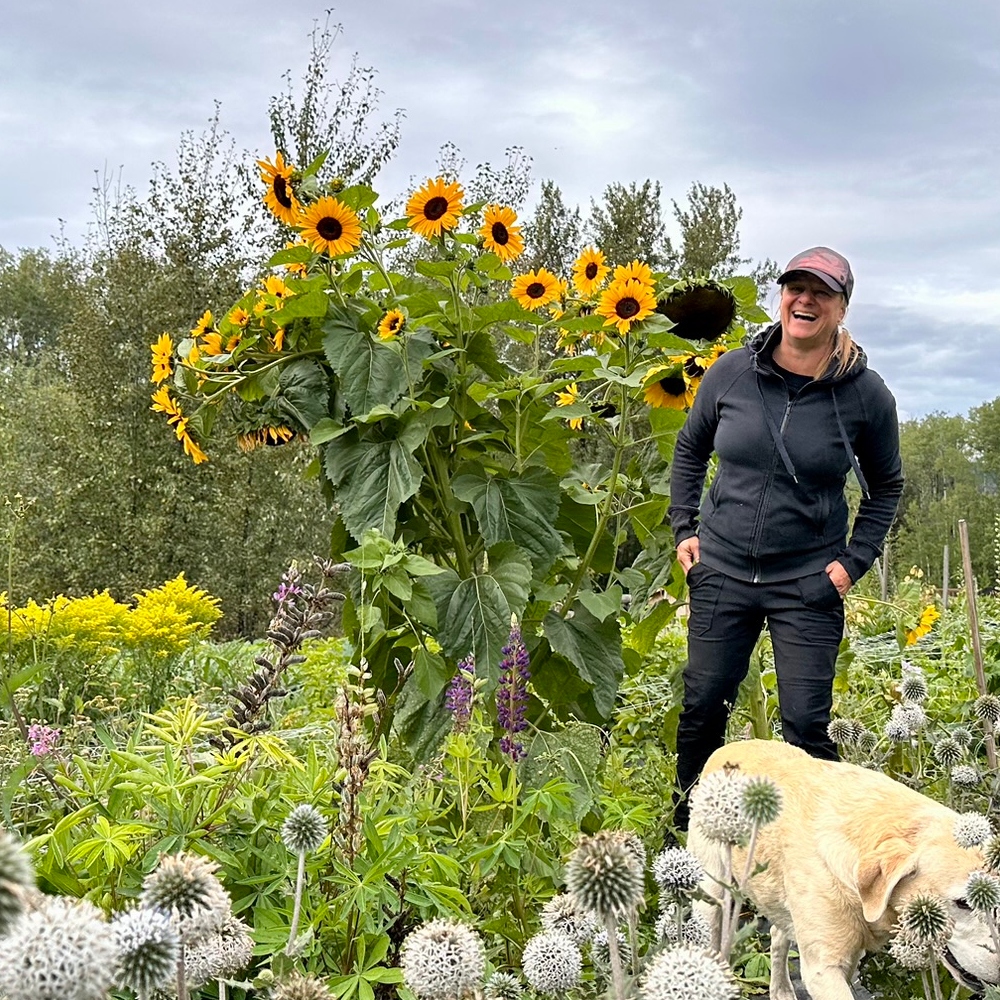A sunny outlook in Invermere
David Thompson Secondary School's involvement with the community greenhouse saw them win SolarBC's Solar School of the Year

Invermere's community greenhouse has a focus on applied learning—people can take what they learn and use it in their homes and businesses. — Photo courtesy Bill Swan
Go to the community greenhouse in Invermere on a fall or spring day, and you'll find students from David Thompson Secondary School (DTSS) hard at work amidst the foliage. Students grow, tend, harvest and use the plants in salads in the school cafeteria, and the refuse is then used in the greenhouse's compost.
It is this collaboration between DTSS and Groundswell, the organization that operates the community greenhouse, that saw the school recently being deemed SolarBC's Solar School of the Year.
"The idea came together as the result of two parties wanting the same thing," said Bill Swan, a project leader with Groundswell. "Alison Bell, the chef instructor at DTSS, is a very passionate food educator and is always advocating for greater food security in the community. At the time, we as a society were operating community gardens and recognized that summer gardens were not ideal for schools as they weren’t in session. So, with our knowledge of gardens and greenhouses and Alison’s similar interests, we collaborated on the idea for a greenhouse."
Food production and transportation create a large carbon footprint—something Groundswell wanted to bring to the forefront in the creation of the greenhouse. The concept of the greenhouse began in 2006, and the first year and a half was spent researching other greenhouses before construction and the official opening in 2009. The result of the hard work and effort was a greenhouse that utilizes a rainwater catchment and water recycling system, as well as harvesting solar energy via three separate processes.
Bright ideas for energy production
The greenhouse's solar electric system is a fossil fuel-free means of energy production, and it currently produces one kilowatt of electricity through a solar photovoltaic system. The greenhouse also uses annualized geosolar power to pump hot air from the greenhouse underground, which over time extends the growing season. Finally, the greenhouse uses solar thermal energy, heating fluid in a collector to provide hot water for the building, with the excess also being pumped underground and through the floors of the building.
The emphasis on sustainability and applied learning has long been a focus of Groundswell. The work is intriguing and inspiring others; schools from as far away as Ontario have toured the facility, and several Kootenay communities have contacted Groundswell to learn about founding their own community greenhouses. Other organizations also use the greenhouse, including the College of the Rockies, which has continuing education programs for all community members at the greenhouse. Furthermore, this summer will see Groundswell partnering with the District of Invermere in the pilot of a neighbourhood composting initiative.
"Food is the way that we draw people into the discussion about the greenhouse," said Swan. "But once they’re there, people think, 'Oh, it’s interesting—the energy, the water, the way it's been built.' It has some unique design features in the building that people can take to their homes or businesses. They can apply them to their own situation and that's what we really did it for—to talk more about sustainability, and food is just a great way to get there."
Residents of the Columbia Valley and beyond are encouraged to tour the community greenhouse or take part in its upcoming summer programs; visit Groundswell's website or contact the College of the Rockies for more information.





Comments